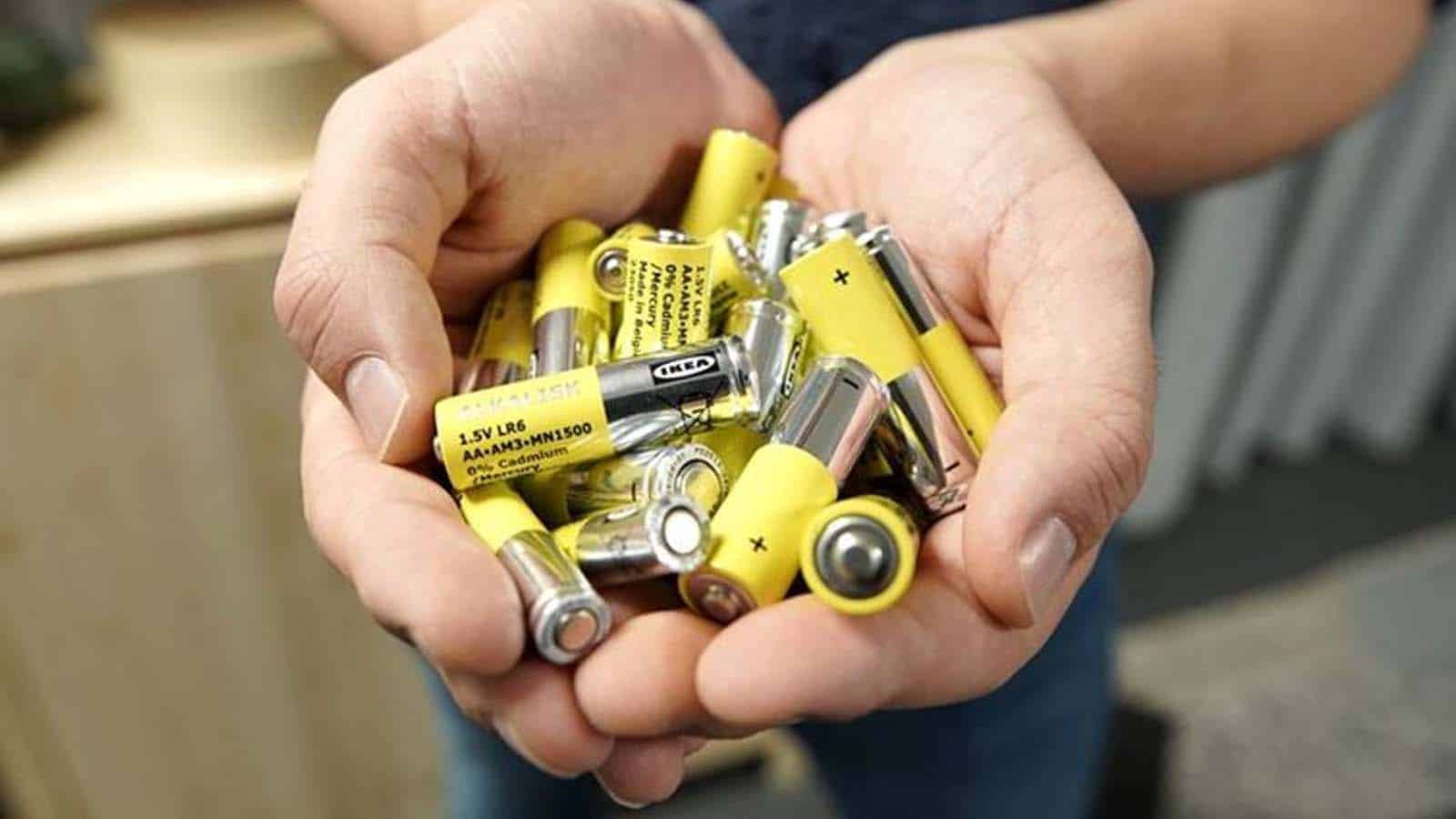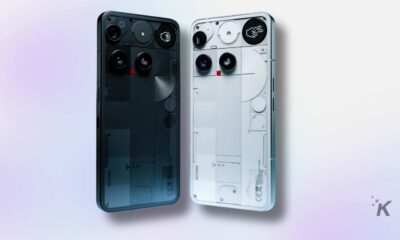News
IKEA wants to stop selling non-rechargeable batteries by October 2021
This is part of the company’s plan to be more climate positive by 2030.

Just a heads up, if you buy something through our links, we may get a small share of the sale. It’s one of the ways we keep the lights on here. Click here for more.
Earlier this week, IKEA revealed that it plans to phase out all non-rechargeable batteries by October 2021. Instead, they plan to emphasize the sales of rechargeable batteries such as NiMH batteries. After assessing the lifecycles of rechargeable and non-rechargeable batteries, they concluded that greenhouse gas emissions were significantly lower when people used rechargeable batteries instead of their non-rechargeable counterparts.
Just last year, IKEA sold approximately 300 million non-rechargeable batteries in all of its stores and online. According to their calculations, if they had sold rechargeable batteries instead of non-rechargeable ones in 2019, we would be looking at a waste reduction of approximately 5,000 tons.
Furthermore, their assessment discovered that only after ten charges of their rechargeable batteries, they generated lower greenhouse gas emissions needed for the same energy load. You can recharge the rechargeable batteries they sell under their LADDA brand as many as 500 times.
Rechargeable LADDA batteries are available in four-packs for $7, whereas the chargers which refill them cost $9. The soon to be discounted, non-rechargeable batteries are sold under the ALKALISK brand. The ALKALISK batteries won’t be on the IKEA shelves by October 2021.
This step comes in light of their commitment to becoming “climate positive” by 2030. To that end, IKEA received a $700 million financial injection to help them with their zero-fossil fuel approach and stay on their path of becoming climate positive. The investment came through the Ingka Group, IKEA’s business owner.
In one of their recent sustainability reports, IKEA revealed that 60% of raw materials came from renewable sources like bamboo and cotton. IKEA claims that they are on track to reach 100% even sooner than 2030.
However, they recognize the many challenges ahead, such as improving the supply chains for recycled materials like fabrics, plastics, and wood.
What do you think? Want to see more companies take steps like IKEA? Let us know down below in the comments or carry the discussion over to our Twitter or Facebook.
Editors’ Recommendations:
- Apple has removed third-party audio devices from its store, possibly heralding new products
- Spotify now lets you look up songs by searching for the actual lyrics
- Instagram celebrates its 10th birthday with custom icons, a Stories map, and more
- Amazon’s foray into Palmistry predicts a future without privacy
































